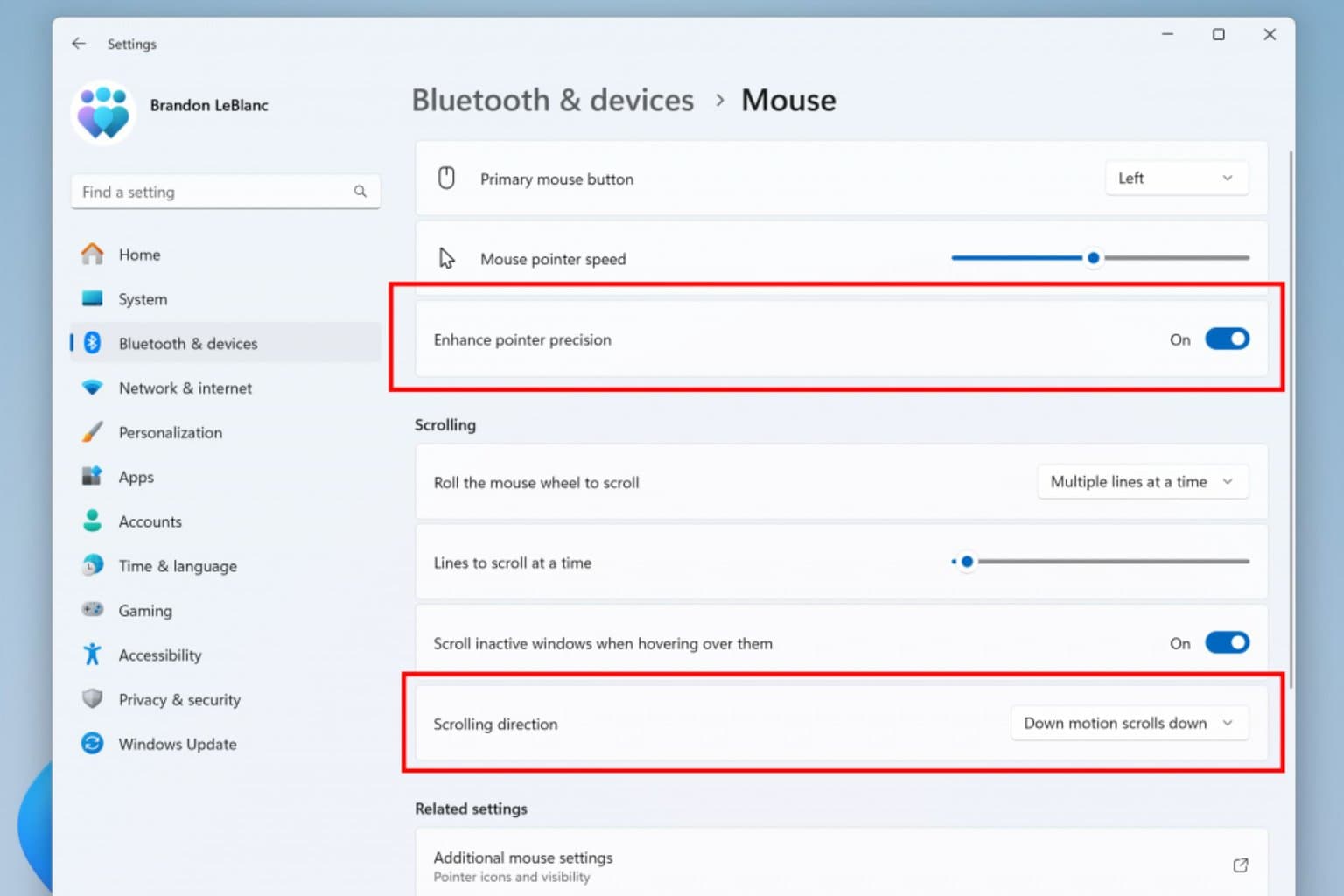Microsoft's Jo Harlow is another former Nokia executive leaving the company
2 min. read
Published on
Read our disclosure page to find out how can you help Windows Report sustain the editorial team Read more
Perhaps inspired by the Game of Thrones season 5 finale, Microsoft made news today by removing some well-known names from some of their higher ranking positions. We reported earlier on the departures of Server and Tools lead Eric Rudder, ‘Scroogled’ champion Mark Penn, Dynamics head Kirill Tatarinov, and Microsoft veteran and former Nokia CEO, Stephen Elop. Earlier today, Microsoft’s CEO Satya Nadella sent a company-wide email to employees crystallizing the company’s new reorganization structure.
Shortly after the email hit the press, Microsoft added yet another name to the departure list. Head of Phones and former Nokia executive Jo Harlow has decided to leave Microsoft as well. The Verge is reporting that a Microsoft spokesperson confirmed the departure earlier today. As Nadella’s email made clear, the Lumia division will be rolled into the Windows group led by Terry Myerson. It is unclear at the moment why Harlow has decided to leave, as her name was not specifically called out in the email. However, we can speculate that her close ties to Stephen Elop at both Nokia and Microsoft may have prompted her leaving.
A couple of other prevailing theories on her departure include, Terry Myerson’s historical divisional house cleaning or Nadella’s attempt to eschew the Lumia business in then near future. Back when Myerson took over the Windows division, many of the former Sinofsky lieutenants got the axe, for better or for worse, in place of Myerson’s go employees. As Windows 8 was a red mark on the Microsoft yearly report card, it’s not unreasonable to think that Myerson would also want to clean house of contributors to the other glaring red marks under his watch.
Harlow’s departure, while untimely, is a clear indicator that Microsoft is no longer satisfied with the old direction Windows Phone was heading in. What is even more clear, is that as of today, the Windows team is now solely responsible for the success or failure of Microsoft’s mobile ambitions. It will be interesting to see how things shake out in the next few quarters as many of the low-profit device initiatives at Microsoft are now bundled with a declining revenue division like Windows.









